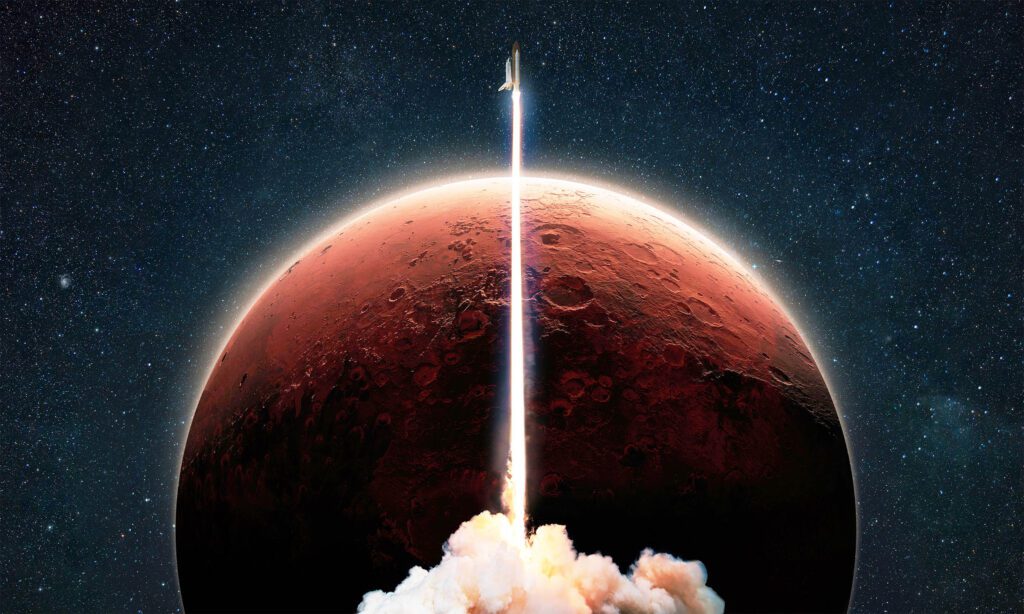A new study reveals significant health risks to astronauts’ kidneys during long space missions, particularly those traveling to Mars. The research, led by Dr. Keith Shue from the London Tubular Centre at UCL, is the most extensive analysis of kidney health in space to date, involving data from over 40 institutions and 20 study cohorts related to low Earth orbit missions and animal simulations. Findings indicate that microgravity and cosmic radiation can lead to irreversible kidney damage and increase the risk of kidney stones by altering how kidneys manage essential minerals like salt and calcium.
The risks of kidney issues during extended space flights, particularly beyond Earth’s protective magnetic field, have not been fully understood until now. As astronauts can’t be completely shielded from cosmic radiation, the study emphasizes the urgent need for solutions to protect renal health. Experts warn that without intervention, astronauts might require dialysis on missions like that to Mars.
Key insights from the research highlight the need for better understanding of kidney biology and managing the combined effects of microgravity and radiation in space. This research not only aims to enhance the safety of future space missions but could also have implications for patients suffering from kidney issues on Earth. The comprehensive study has been published in Nature Communications.
Source link


